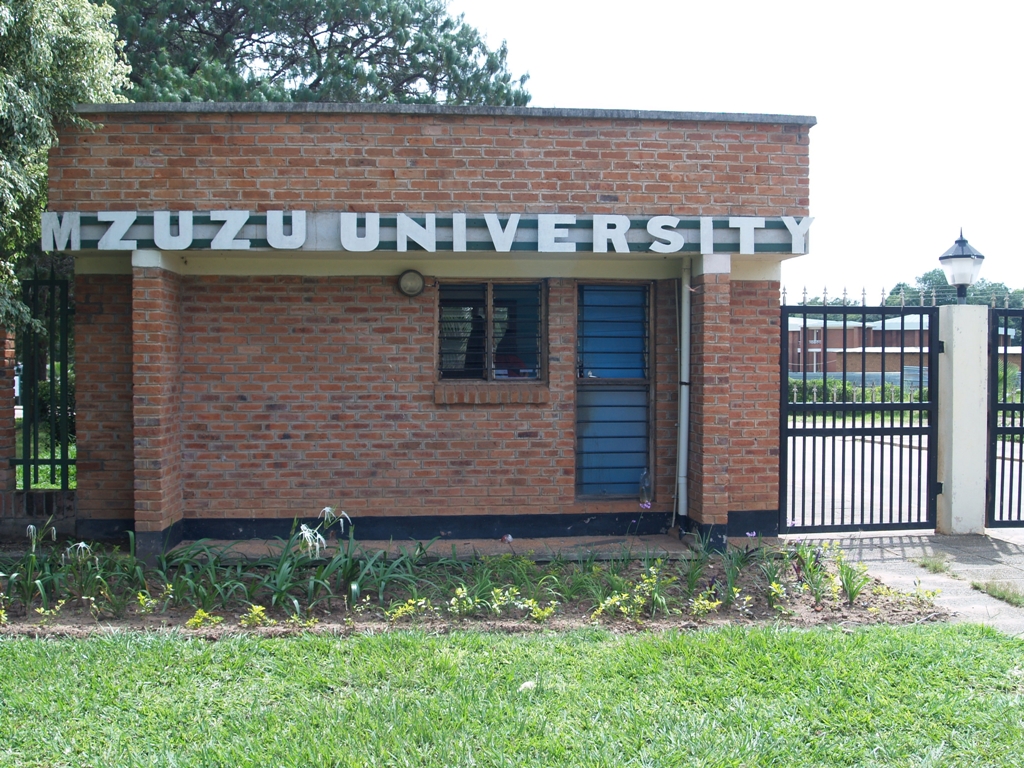National Statistical Office (NSO) on Monday released the Integrated Household Panel Survey (IHPS) results with relevant data that will enable Government and stakeholders to timely plan and implement meaningful social economic development in the country.
Commissioner of Statistics, Mercy Kanyuka, speaking during the IHPS results disseminating workshop at Cross roads Hotel in Lilongwe said the main objectives of the survey was to provide and update information on various aspects of welfare and social-economic status of the population of Malawi in urban-rural and region.
“The IHPS is a multi-topic panel survey with strong focus on agriculture, health and education sectors. The data allow for comparable measures of household food and non-food consumption, caloric intake, dietary diversity, objective and subjective measures of food security at the household-level,” Said Kanyuka.
Malawi is moving in the right direction as people can now hold house assets like bicycles, radios and pangas of their own, added Kanyuka.
Kanyuka commended Government on the enrollment rate in primary schools, saying that it has improved significantly and more farming families have enough food for consumption and trade.
“Some of the problems highlighted in the survey show that stunting among the children remains a worrisome thing in the country. In 2013 people did not have enough food and prices of goods and services were high due to the devaluation of the Kwacha in 2012 …,” explained Kanyuka.
The integrated household survey was conducted from April to October 2013 with the residual tracking operations taking place in November and December with financial assistance and technical support from the Government of Malawi, the World Bank and Department for International Development (DFID).

.jpeg&w=60&q=100&h=60)




.jpeg&w=60&q=100&h=60)





